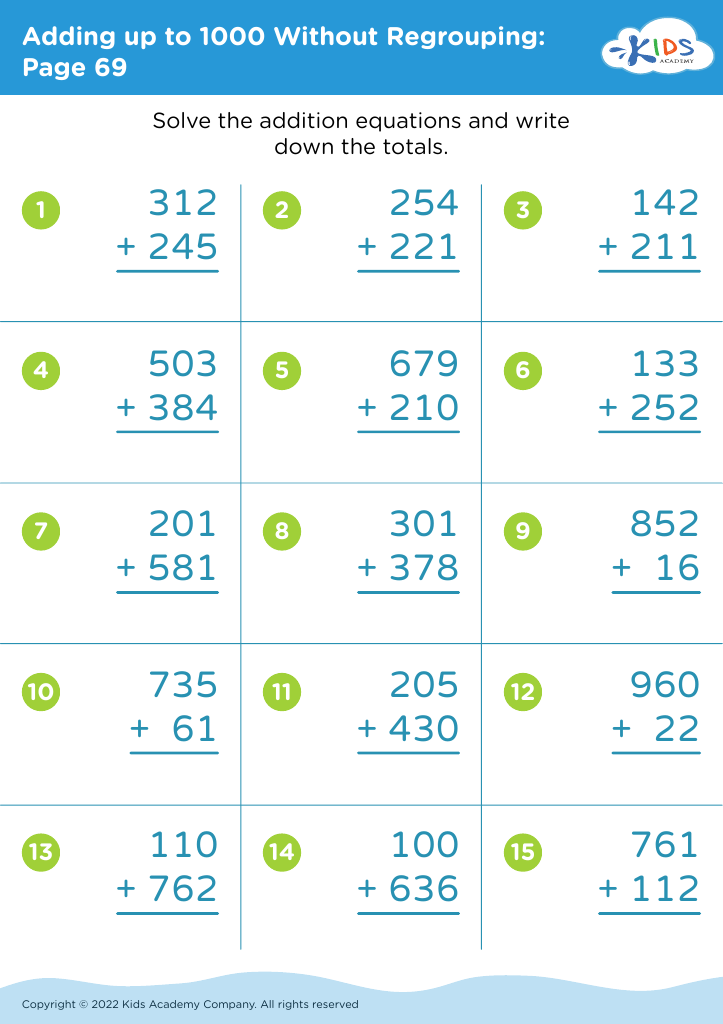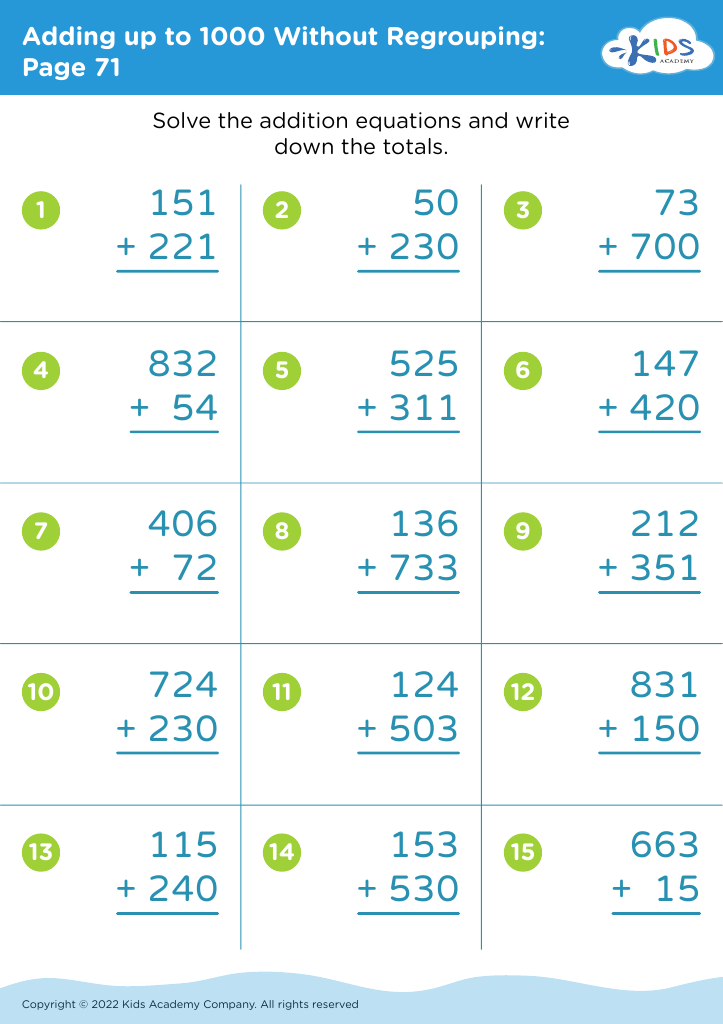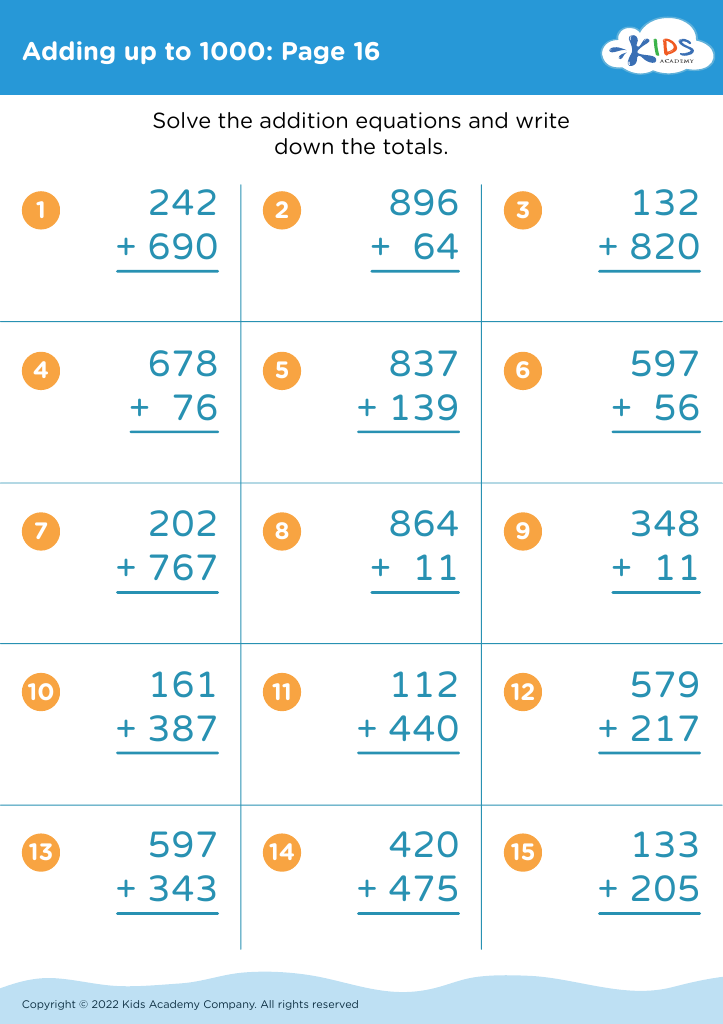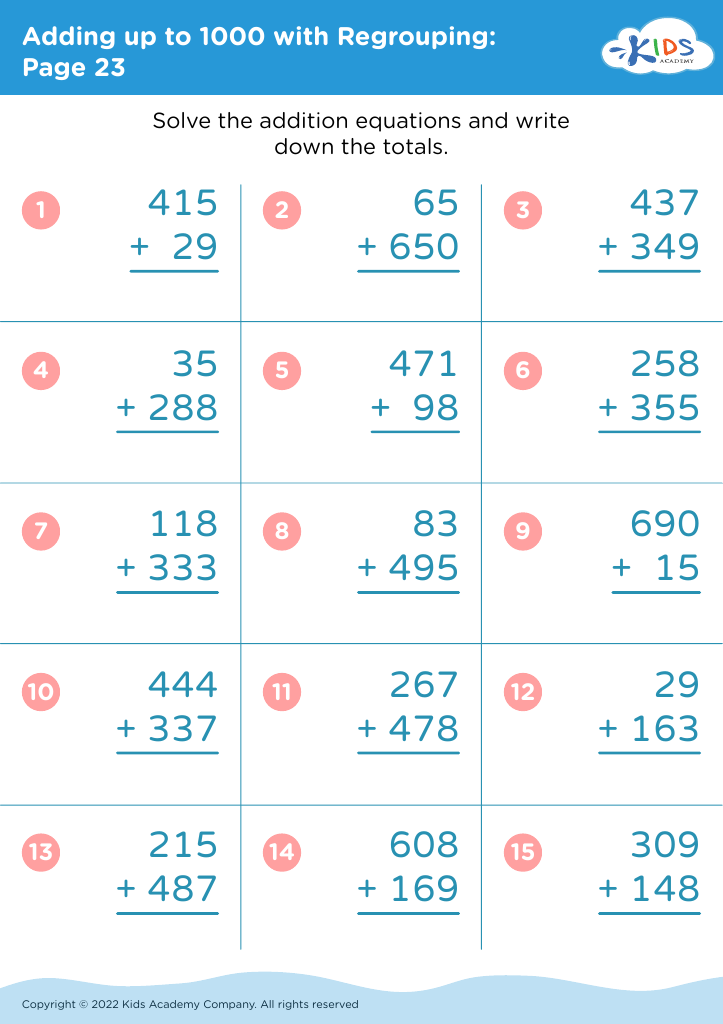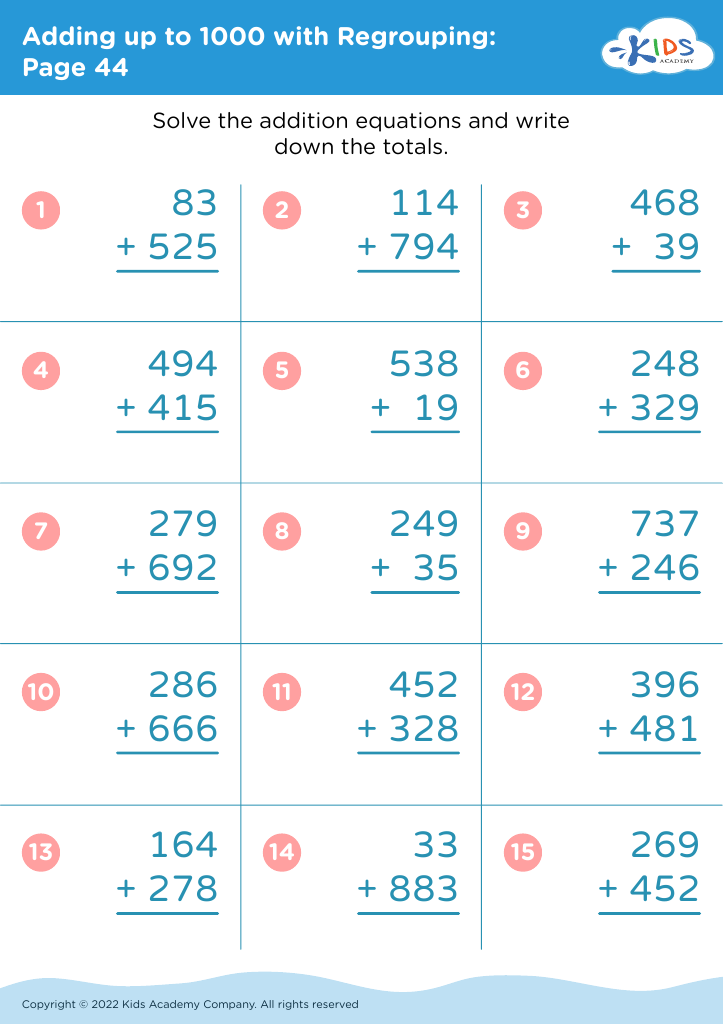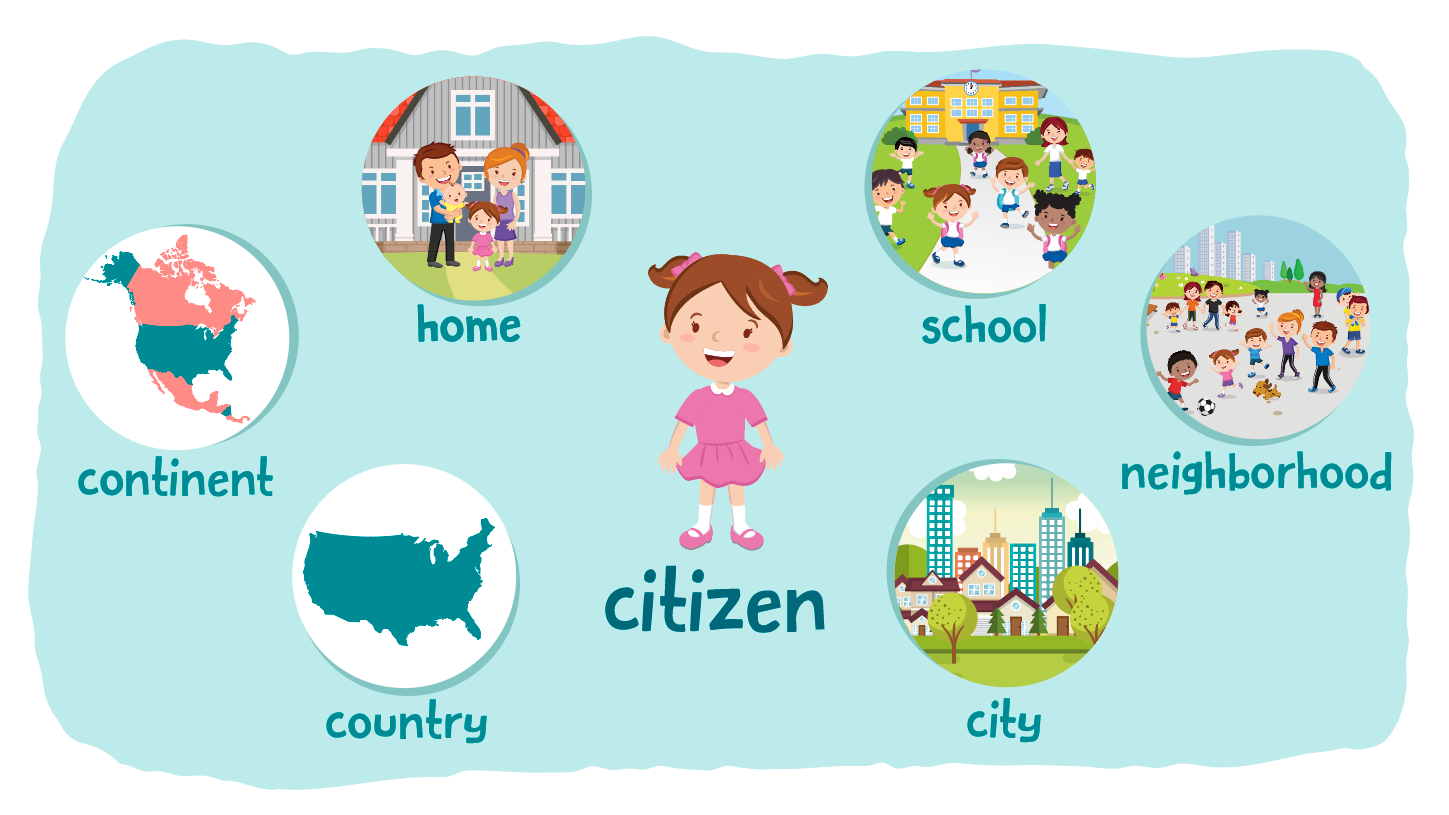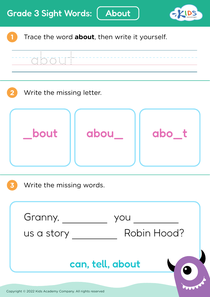Recognize patterns Grade 3 Worksheets
6 filtered results
-
From - To
Enhance your Grade 3 students' critical thinking with our engaging "Recognize Patterns" worksheets! This collection of printable resources supports young learners in identifying, creating, and extending patterns, crucial skills for math and everyday problem-solving. Each worksheet features colorful images and interactive exercises designed to captivate children’s interests while reinforcing essential concepts like sequences, shapes, and numbers. Perfect for classroom activities, homework assignments, or individual practice, these worksheets help students gain confidence and mastery in pattern recognition. Explore our user-friendly platform and provide your students with the tools they need to excel in mathematics and develop their analytical skills today!
Recognizing patterns is a foundational skill in mathematics and critical thinking, particularly for third graders. During this stage, students begin to develop a more sophisticated understanding of numbers and relationships, and recognizing patterns fosters their ability to make predictions and solve problems.
For parents and teachers, understanding the significance of this skill is crucial. First, pattern recognition directly supports mathematical proficiency; it helps children grasp concepts such as addition, subtraction, multiplication, and division by identifying sequences and relationships among numbers. Additionally, it enhances logical reasoning and enhances their ability to approach complex problems methodically.
Moreover, establishing pattern recognition skills in third graders promotes early cognitive development. It encourages observational skills, concentration, and the ability to classify and organize information, which are vital in all areas of learning.
Furthermore, recognizing patterns applies beyond math; in areas like reading and science, identifying trends or sequences can lead to improved comprehension and analysis. Therefore, by prioritizing pattern recognition in early education, parents and teachers provide students with essential tools that lay the groundwork for future academic success and everyday problem-solving. Engaging children in activities that nurture this skill can foster a love for learning and intelligence that extends beyond the classroom.

